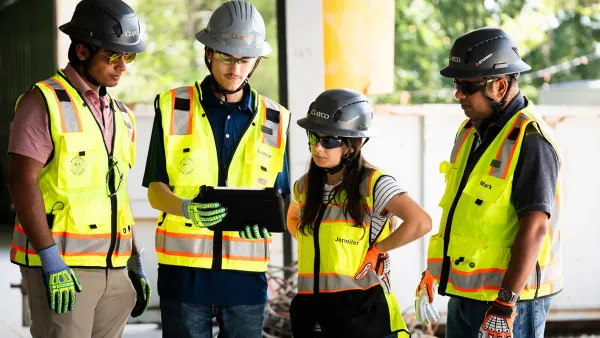Dive Brief:
- Reversing a 1981 decision, the National Labor Relations Board (NLRB) has overturned its "public spaces" exception in UPMC and its subsidiary, UPMC Presbyterian Shadyside. The previous 38-year precedent allowed union representatives who were not employees of the company access to a company's public areas, like the front-end of a restaurant, to promote or solicit for union membership "so long as their actions weren’t disruptive."
- The new decision, made by a four-member board, affirms that an employer does not have a duty to allow its facility to be used by non-employees for promotional or organizational activity. Even though the location may be open to the public, the NLRB decision states businesses have the right to decide what types of activities it will allow by non-employees on their premises. However, the board in UPMC did agree with the administrative law judge stating that it was unlawful to require employees meeting with the union representative to produce identification.
- In the wake of this new ruling, employers may need to craft a uniformly enforced non-distribution/non-solicitation policy for all of its publicly accessible spaces. As is the Board's usual practice, the new standard will apply retroactively "to all pending cases in whatever stage."
Dive Insight:
This decision is the latest in a series of pro-business decisions by the NLRB, though this one may not have come as a surprise; Board Chairman John Ring suggested the NLRB would rethink the public spaces exception at a conference for the American Bar Association in 2018. While this decision was made through case adjudication, Ring also expressed that new regulations on public spaces may be needed due to "a lot of different components to the rules."
In another recent pro-business decision, the Board said that an employee complaining to a co-worker in an expletive-laced screed about a customer in a shared client-employee restroom did not constitute protected activity, reversing an Administrative Law Judge’s ruling that the speech was protected. That decision also signaled the Board's continued pull-back regarding concerted activity. However, that same employer did violate the law when it "coercively interrogated" an employee, told him to direct his work-related concerns to management and threatened to terminate another employee, the NLRB noted.
The Board also recently denied access to the protections under the National Labor Relations Act (NLRA) to ride-share drivers, such as those working with Uber and Lyft. In a victory for the two companies, the Board determined the workers are independent contractors and not protected for union organizing activity. Though these NLRB actions have favored employers, lawmakers recently introduced a bill into the U.S. House of Representatives that would redefine joint employment under the NLRA and strengthen workers' abilities to engage in union activities.









